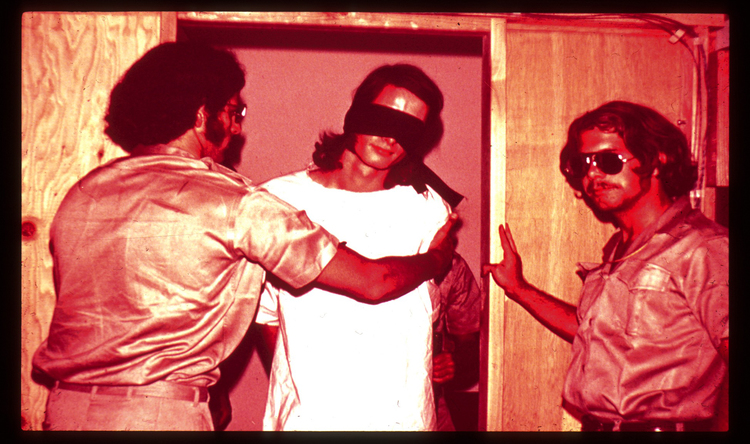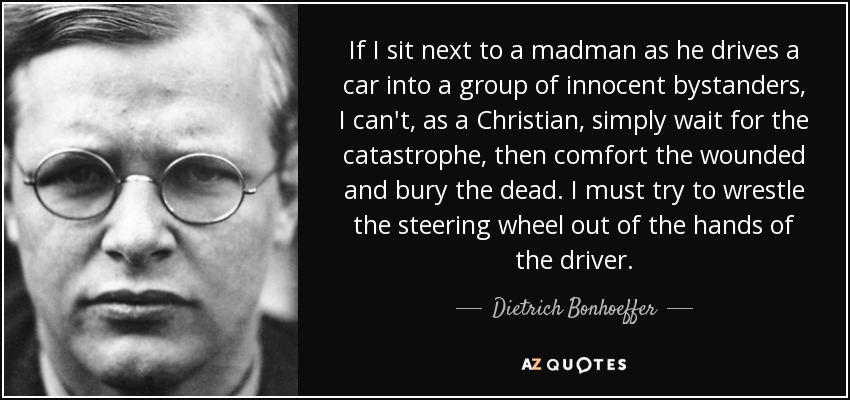By Susan D. Harris
“Someone said things aren’t getting worse. The veil over society is being removed.”
So begins the narration on a recently uploaded YouTube video titled, “The Veil over Society Got Removed for a Moment.” Currently pushing over 170,000 views in five days, it’s a stream-of-consciousness exploration of society during the pandemic.
The video begins, (without quoting Shakespeare), by proposing that, “All the world’s a stage, And all the men and women merely players.” It then segues into a straightforward review of the Stanford Prison Experiment. Funded by the U.S. Office of Naval Research in 1971, It was a real social experiment in which some college students were assigned to play guards while others were to be prisoners. It is most notable for the fact that although it was supposed to last two weeks, it had to be terminated after only six days because the “mistreatment of prisoners escalated so alarmingly.”
After acknowledging that the experiment was flawed and its conclusions controversial, the narrator begins comparing what happened during the experiment to what happened during the pandemic:
You have one group, the prisoners, that have been dehumanized, they’re stripped of their individual identity…and basically labeled as “bad people”…And then you have these other people who were given a costume of authority…and they kind of have this group identity going of “good guy;” acting in ways they perceive to be sanctioned as okay by the majority of society. (This was) due to the power dynamic of perceived authority combined with the dehumanization of the so-called prisoners…And I feel personally like whether some people want to see it or not…this is something that many of us witnessed and experienced over the last two years in (our) society.
The narrator reviews how during the pandemic, many people mistakenly acted as though they were suddenly deputized police officers enforcing real laws. Interspersed with personal experiences, the video forces you to remember your own. In my case, it was the waif of a teenage girl behind the deli counter shouting, “I cannot serve you unless you put a mask on!” (I didn’t go back for six months.) Then there was the tour guide in Massachusetts who threatened to have our open-air bus, which was packed with tourists, completely stopped because my mask had fallen below my nose. And of course, who can forget the young teens in the Adirondacks, who militaristically demanded I fill out my name and address before I could jump in the lake on a scorching hot day. In each case, it seemed like their hardness came easily; that they even relished their new authoritarian roles. (The younger ones reminded me of Rolf in The Sound of Music — “We make it our business to know everything about everyone,”; excited by their new roles, they seemed eager to throw anyone under the bus to feed their puffed-up power.)
I got a kick out of the video’s narrator saying that she realized what was happening early on, and made up her mind to avoid places that would force her to act a certain way. “I’m going to minimize my participation in whatever this is!” she told herself.
The video then shoots to footage of those “six feet apart” footstep signs that magically appeared on commercial floors around the world. (Something we surprisingly had no shortage of.) Then there were the arrows instructing us in one-way foot traffic. (If you want the limited science behind that, you can find it in Science Direct. And if you think they are done with their social experiments like COVID foot traffic patterns, think again. The abstract concludes saying, “While the case presented is limited, the modeled approaches are intended to provoke future research that can be extended and applied to larger populations to help provide decision makers with more rigorous tools to shape future policies regarding traffic flow within buildings.”)
The narrator then observes: “Here we are now in the aftermath and I think more and more people are actually realizing that the cause did not ever justify the effects.”
According to YouTube, the video is posted by Truthstream Media, an entity created by Aaron and Melissa Dykes. As a disclaimer, I am not familiar with their other work, but this video is definitely worthy of the views it’s receiving.
One of the best parts, in my humble opinion, is the way they incorporate a TikTok video by comedian Ross Bennet (TikTok @rossduhboss_2.0). It’s Ross’s commentary on The Atlantic’s article, “Let’s Declare a Pandemic Amnesty.” Under the heading, “Toxic Forgiveness,” Ross begins, “Look! They want everyone to forgive and forget everything that happened during the pandemic.” He then likens what happened to everyone being kidnapped and put on an island where half of the people propose eating the other half to survive. When everything settles down and both groups are safely on their way home, the half that were going to be eaten are supposed to just forget that it ever happened. “No! You tried to eat us!” he yells. He brings it home:
I didn’t kick you out of no stores. I didn’t ruin your job. I didn’t tell you that you couldn’t come to the family reunion. I didn’t tell you that you had to drop dead of a heart attack because you didn’t get the jab so you’re not welcome at this hospital. There ain’t nothing to forgive on my side Baby Boo! This is a you problem, and we’re still talking about it!
Ross’s original video (with some profanity) can be found here.
“The Veil Over Society” is a mostly secular commentary on what happens when you pull off the masks and expose the true identities of those around you; and then realize that there’s no going back. I can totally relate as can most everyone reading this. From my first “Trump” election sign in the fall of 2020 to the “Live free or die” sign that went up in my front yard during the mandates, I’ve realized who my friends, family and neighbors truly are; and it’s been gut-wrenching.
The video is correct in saying that there’s no going back. For those of us who have faith in God, however, it should only serve to make us stronger and more determined to save a generation so desperately lost and scared that they are capable of persecuting not only strangers, but even those they love.
Originally published at American Thinker



